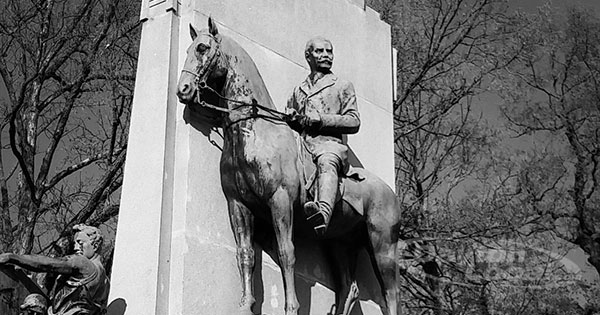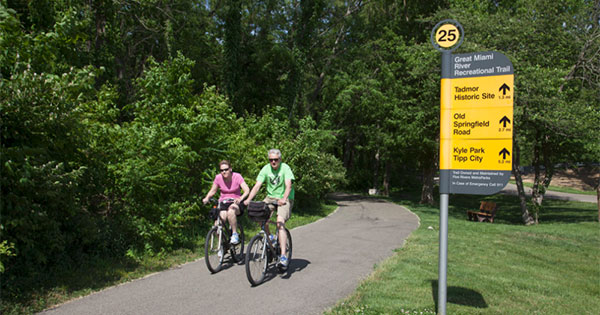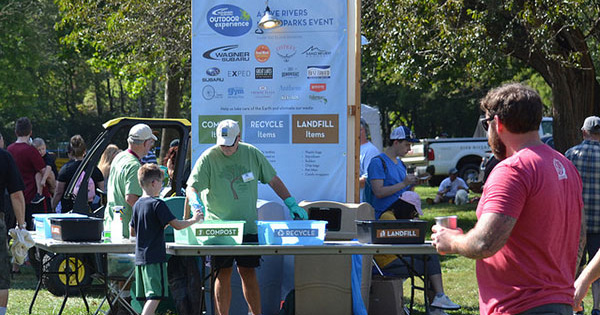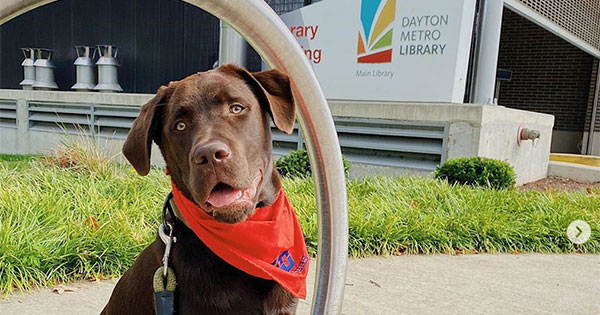The Importance of a Full-Time Job Search

This month we are going to hear from four former Dayton-area job seekers to discover how they created their own full-time job searches. They will share what helped them, as well as what they learned to avoid.
The Importance of a Full-Time Job Search
When we are between jobs, we immediately face issues that range from financial concerns to a loss of identity. One aspect of job loss many of us face is a loss of socialization. For eight-plus hours a day we spent time with co-workers…often more time than we spent with our own families. This loss of socialization can be emotionally devastating as we grasp for things to fill our time. What better way to feel like we are working than to design our own full-time job search?
This month we are going to hear from four former Dayton-area job seekers to discover how they created their own full-time job searches. Coming from different walks of life, they each pursued a different career path, but they all successfully landed their positions as a result of making the job search a full-time pursuit. They will share what helped them, as well as what they learned to avoid.
Steve, who landed a position as a local IT software developer after two years of career transition, created his full-time search by working from 8:00 AM to 5:00 PM Monday through Friday. During this time, he made sure to track all of his activities on a spreadsheet, which included referrals, job fairs, interviews, follow-ups, company research, and resume requests. Steve found informational interviewing and networking with others to be his most useful job search tools. (An informational interview is an interview you conduct with a professional in order to build your network. It is an excellent opportunity to make yourself real to others. We discussed the process of informational interviewing two months ago…refer to that blog for details.) Two things Steve avoided while job searching were most online applications and job boards.
Kim, who recently landed a position as a category manager in sales and marketing, also saw the value in working 8 to 5 each weekday unless she attended an evening networking event. This approach helped her to feel as though she was working while preventing possible burnout from searching 24/7. Though the process was one of trial and error, and there is no "magic bullet" to landing your next opportunity, Kim feels that networking with others who had expertise in their field was an invaluable use of her time, as was gaining insight and additional tools and resources from others who were between jobs. She mentions LinkedIn as a productive way to network and encourages others not to burn bridges behind them. Other helpful hints include remaining persistent, resilient, and determined and making an effort to get out of the house when you feel down.
Denise, who is now a director of stores in non-profit retail operations, successfully survived nineteen months of career transition very creatively. She made her search full-time by creating a weekly goal list and monthly calendar, tracking her progress with contacts, and deploying a marketing plan to target companies. She found her success was dependent upon surrounding herself with positive people, taking a lead role in her volunteer work, constantly reevaluating her strategies, and making time for productive informational interviews. A side benefit was major improvement in her physical and spiritual well-being. She encourages others to avoid time spent listening to negative talk about job loss and rather seek feedback from others who will help you to improve yourself professionally. Do not hesitate to remove unproductive or unessential events from your calendar, and keep your family involved in your job-seeking process.
John, who is now a field project manager under contract to the United States Department of Energy, survived twenty-three months of career transition largely through networking and spending most of his time out of the house enjoying the company of others. He especially valued his local coffee shops, where he could strike up conversation with a variety of people, as well as the opportunity to volunteer his time to causes that meant a lot to him. In his words, "Getting out, being active and being inspired became the foundation for my job search." He encourages others to avoid spending too much time alone at home and also to become physically active to reduce stress and vent frustrations. A side benefit to John's hard work to get in shape was his ability to participate in various marathons and triathlons. The good habits John developed during his time of transition impacted him so positively that he continues to volunteer his time helping current job seekers and the Dayton-area Leukemia and Lymphoma Society.
Thank you to these former job seekers for their hard work and dedication to the job search that inspires those of us who are currently looking for our next opportunity.
Now…go create your own full-time job search!
Next month's topic: Important pragmatics for the job seeker


















